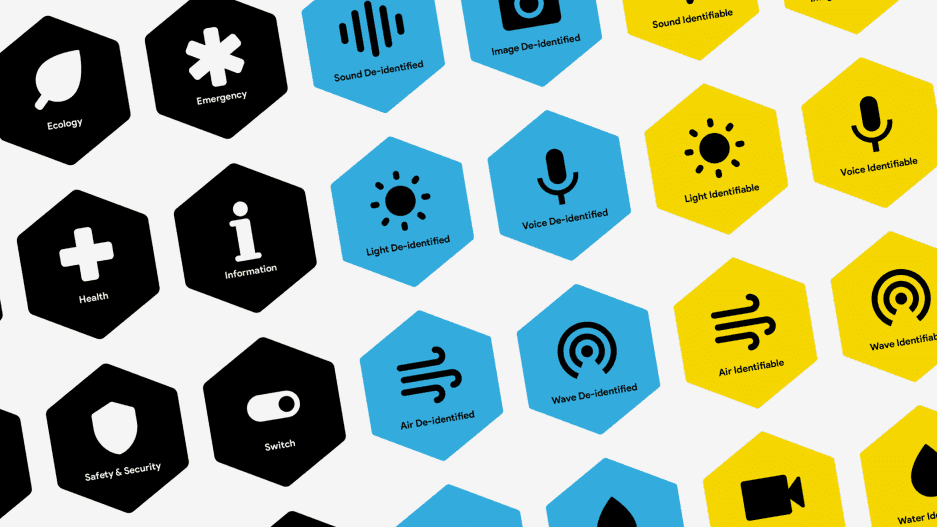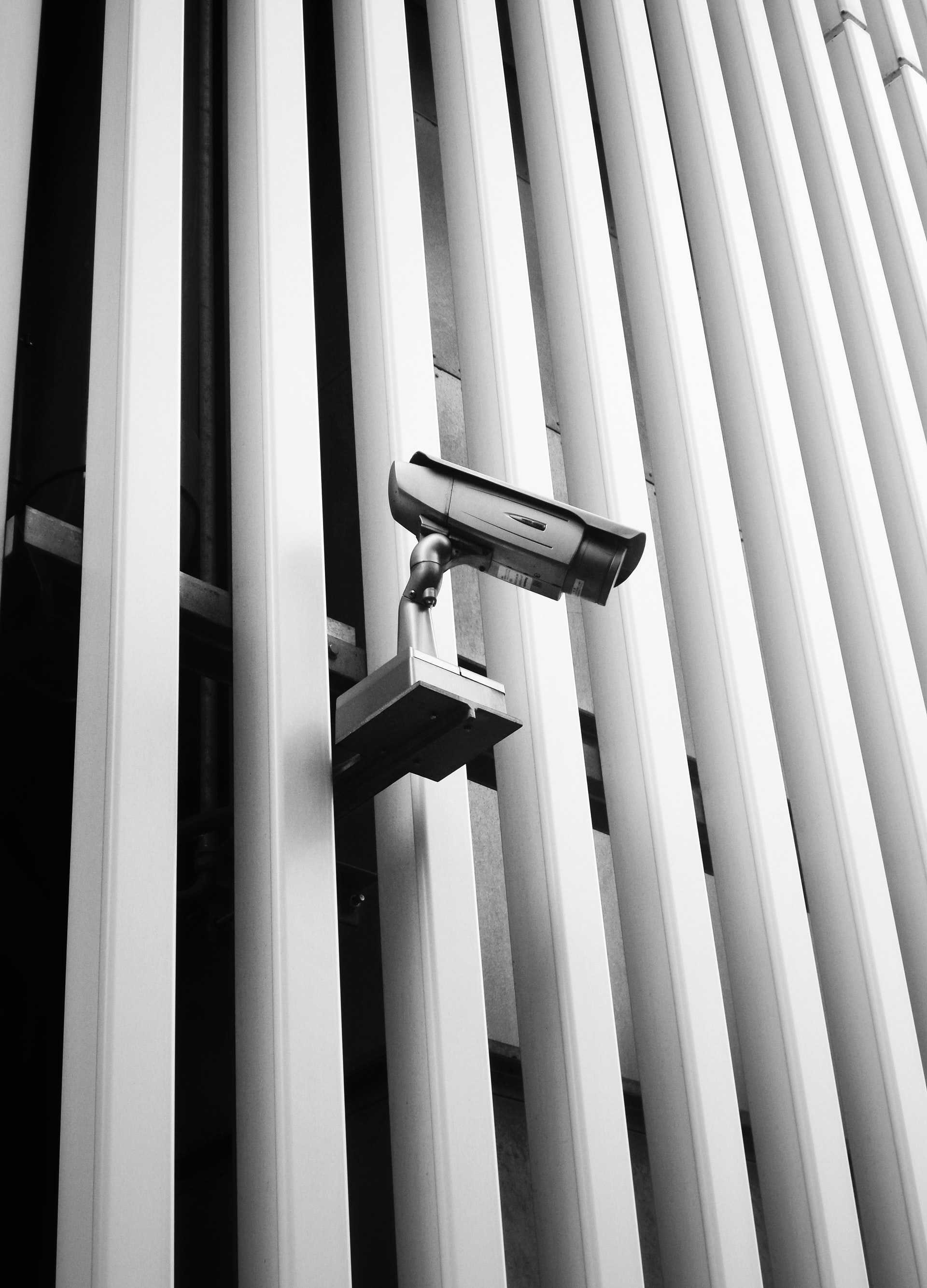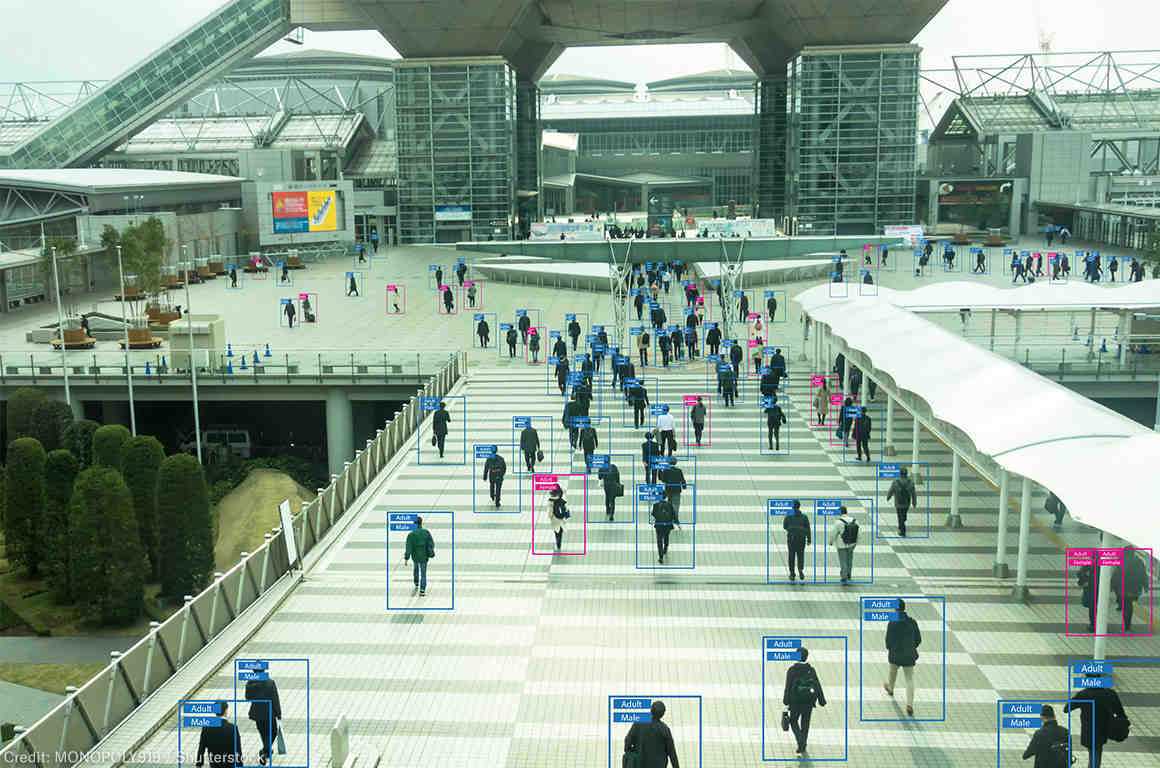
Consent consensus
From surveillance capitalism to zero retention.
How likely? How soon? What impact?
In just one generation, a web of data-harvesting machinery has entrapped us all. Did we consent? Perhaps, in a legal sense, clicking through End User License Agreements, Terms of Service, and Acceptable Use Policies without heed. But as the backlash to tracking in cyberspace builds, we are only beginning to recognize the liabilities these precedents create for how data is collected in cities, and the path that urban tech might take. The search for a new consent consensus is on. It's drawing in everyone, from city dwellers to regulators and even the designers of tracking systems themselves, and forcing them to rethink the bargain we've made with big data.
Many tools are available. We can redesign the edges of networks so that less data is collected in the first place, is then analyzed quickly, and discarded when no longer needed. That can happen because the market demands it, or it can be forced by government mandate.
But some questions remain unanswered. Who will blow the whistle, alerting us of the most excessive and harmful harvesting? Concerned citizens and advocates play a vital role. More government oversight is needed, but many cities will need help getting ahead of the curve.
Signals
Signals are evidence of possible futures found in the world today—technologies, products, services, and behaviors that we expect are already here but could become more widespread tomorrow.
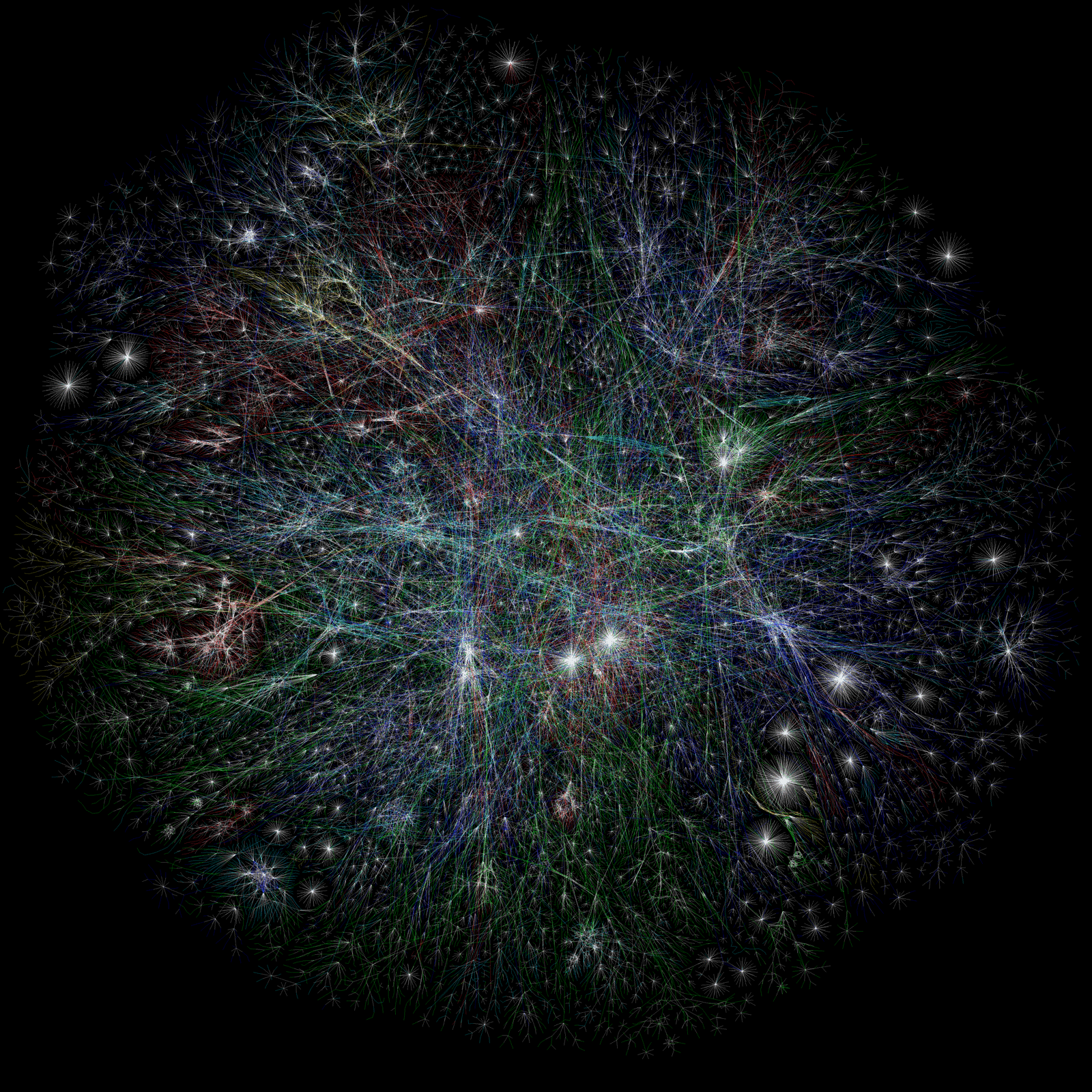

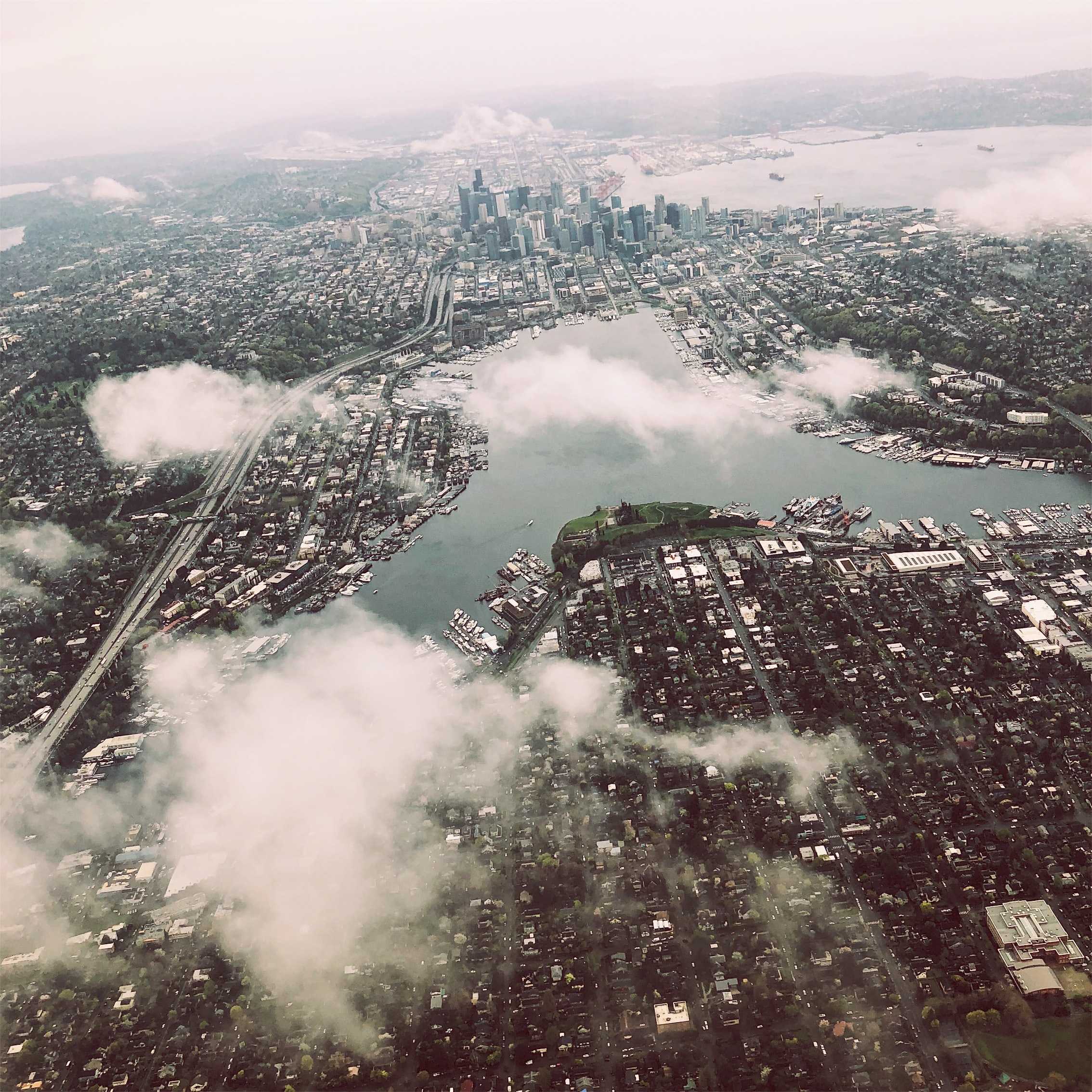

..png)

